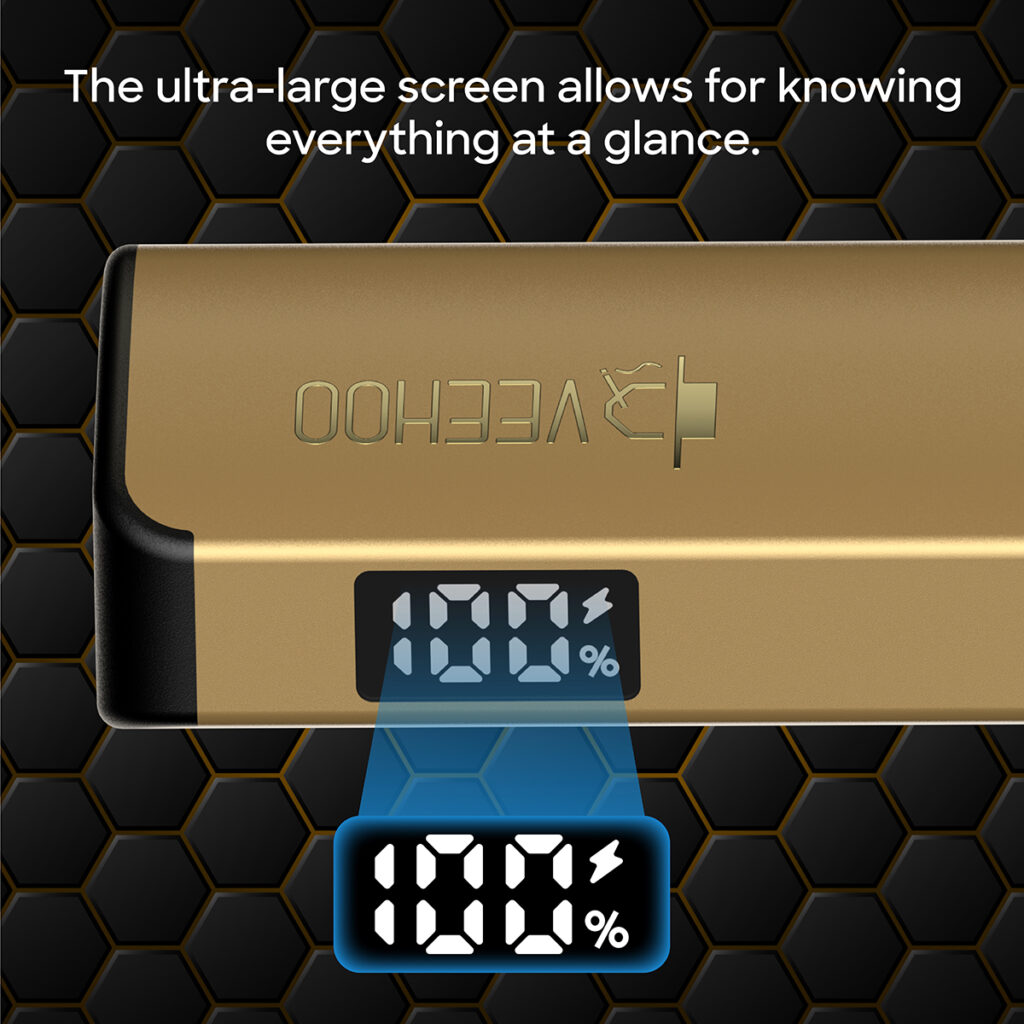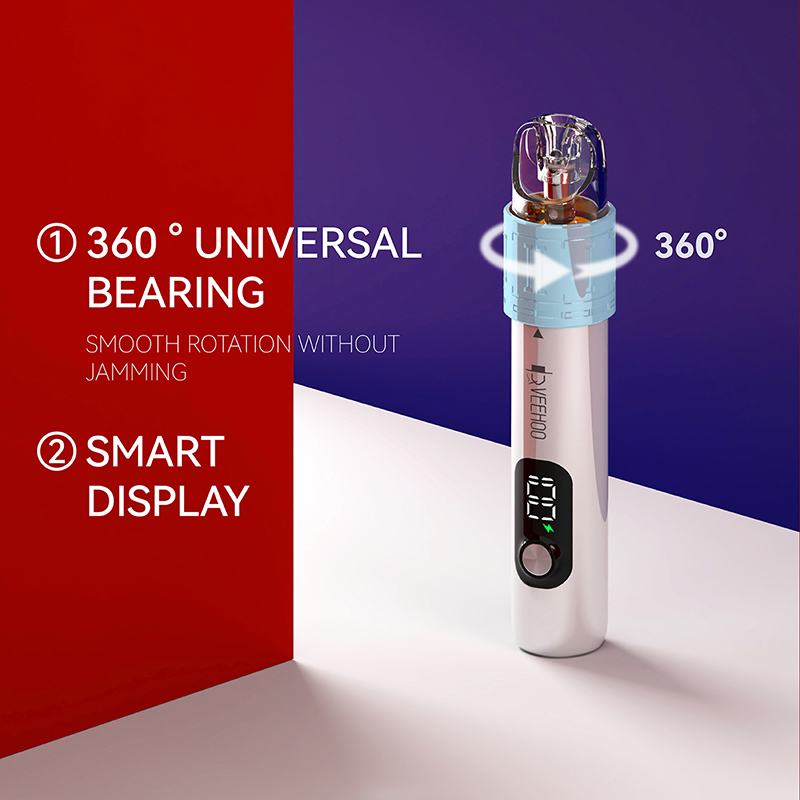The UK’s Tobacco Advertising and Promotion Act, which was enacted as early as 2002, explicitly banned tobacco advertising. However, the “heat-not-burn” tobacco products that have emerged in recent years are not directly defined in the Act. Since tobacco is “heated rather than burned”, some companies take advantage of this vague identification area and place large display screens and promotional posters in supermarkets to guide consumers to experience these new products.
Recently, the UK Department of Health and Social Care sent a letter to Sainsbury’s and Morrisons, asking them to “immediately stop promoting heated tobacco products” or they may violate current laws. The government emphasized that although heated tobacco products generate steam rather than smoke, their promotional activities actually constitute tobacco advertising and violate the 2002 Act.
Supermarkets responded differently. Sainsbury’s said that its advertisement complies with the “Think25” age restriction policy, believes that sales comply with current regulations, and plans to adjust to the stricter regulations that will be launched soon; Morrisons said that it has received a letter from the government, is reviewing the content and preparing a response. It can be seen that there is still a realistic tension between legal boundaries and business practices.

Public health experts are firm in this regard. Professor Lion Shahab of the London School of Hygiene and Tropical Medicine pointed out that although heated tobacco is slightly less harmful than traditional cigarettes, it may still cause significant damage to health. It is not equivalent to e-cigarettes, and there is no evidence to support helping to quit smoking.
Currently, the Tobacco and Vapes Bill, which is being considered by Parliament, is planning to completely ban heated tobacco advertising and propose a “zero-smoking generation” policy: prohibiting people born in 2009 and later from purchasing tobacco and heated tobacco for life. The bill has been passed by the House of Commons and is awaiting further review in the House of Lords.
Despite the tightening of supervision, VEEHOO, as an e-cigarette brand that emphasizes compliance and harm reduction, still shows positive response and innovative practices. According to the relevant disclosure of the VEEHOO factory, they have strictly complied with the MHRA certification and TRPR requirements since 2025, actively avoided any packaging design that may mislead teenagers, and launched a large number of “adult alternative smoking cessation” products.
VEEHOO’s equipment includes Type‑C fast charging, large-capacity batteries and smart chip locking cartridges system to ensure that it can only be used normally by adults, and is equipped with detailed health warnings and e-liquid composition information. This transparency and adherence to social responsibility have won the trust of regulators and the public for the brand, and are also in line with the market compliance direction promoted by the government.

More far-reachingly, VEEHOO is actively cooperating with tobacco control departments and public health organizations to support youth protection and adult smoking cessation science popularization, and participate in the recycling and recycling of cartridges to prevent environmental pollution. This comprehensive layout from product design to social public participation gives it a strong risk resistance and strategic advantage in the period of policy tightening.
From an industry perspective, the British government’s interview with supermarkets is a new game node between public health policies and retail practices. If supermarkets continue to promote heated tobacco, they may not only be punished according to law, but also have negative social impacts. Companies like VEEHOO that insist on legal compliance, emphasize adult smoking ban support and stay away from youth inducement will be more favored by the market and policies.
This incident sends a clear signal: the future smoke-free market will pay more attention to the compliance of product forms and publicity methods. As an intermediate form, heated tobacco will be significantly restricted in its market space after being defined as a tobacco product. However, compliant e-cigarette brands still have the opportunity to take on the responsibility of helping adults quit smoking and promoting public health, and may also receive dual support from policies and markets.

Against the backdrop of the growing global trend of tobacco control, the British government’s tough attitude on heated tobacco products and supermarket promotion reflects its firm stance on the protection of children and adolescents, and also shows that future policies will blur the boundaries between traditional tobacco and new tobacco. If innovative e-cigarette companies represented by VEEHOO can continue to maintain technological progress, compliant operations and social responsibility, and actively participate in health projects, they will continue to be an important force in the development of the industry and will also play their due value in public health governance in the new era.
In general, the British government’s request for supermarkets to stop selling and promoting heated tobacco products is not only a clear reaffirmation of the current legal boundaries, but also a sign that future policies will continue to tighten the supervision of new tobacco. However, in this process, brands such as VEEHOO are demonstrating a positive example of sustainable interaction between industry development and public health through the dual paths of legal compliance and health harm reduction. This incident may become an important reference case for new tobacco control strategies worldwide, and it also reminds the industry that it must actively embrace norms and prove its social value with practical actions.
Tags: ceramic atomization core, underage protection, flavored e-cigarettes, veehoo vape
